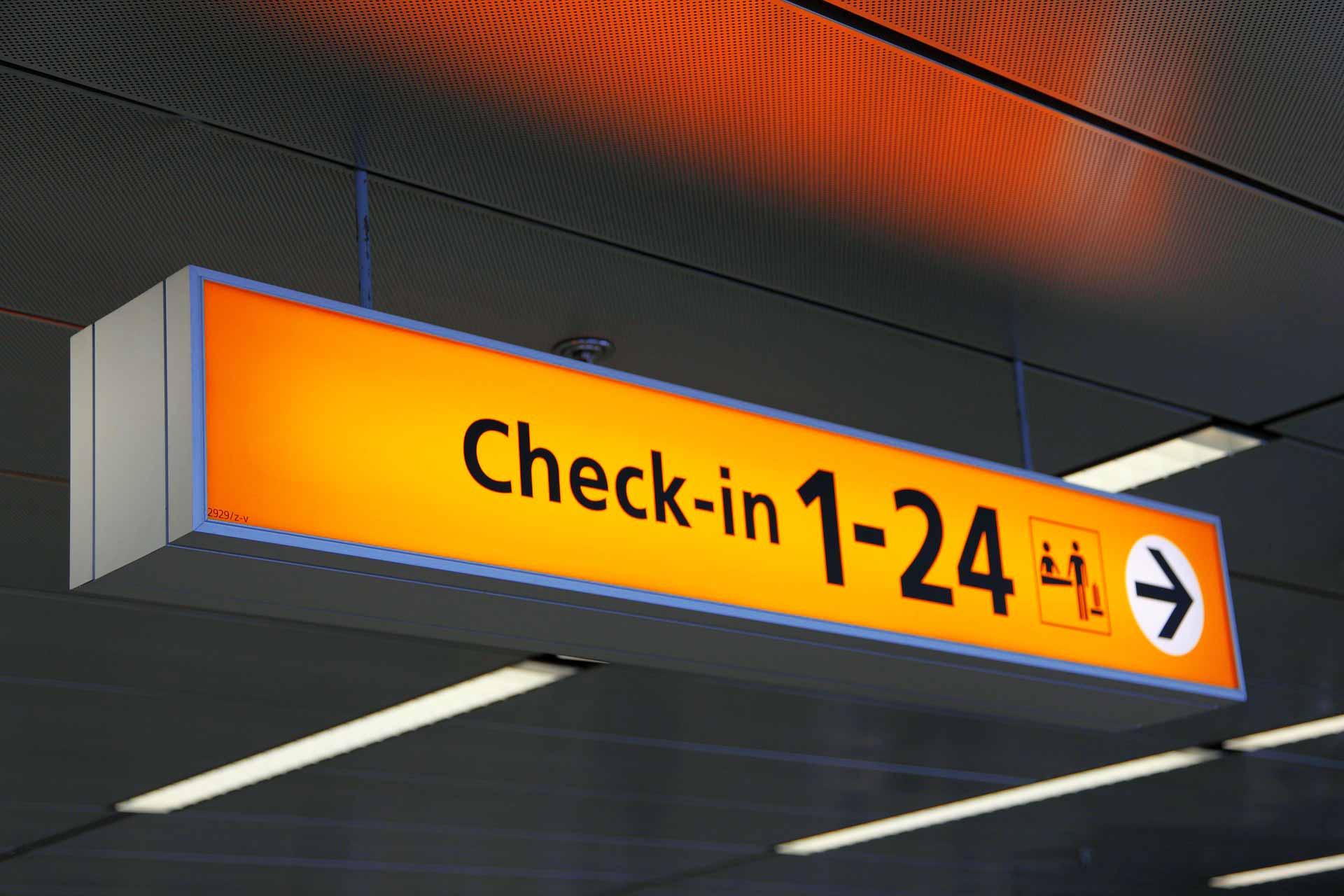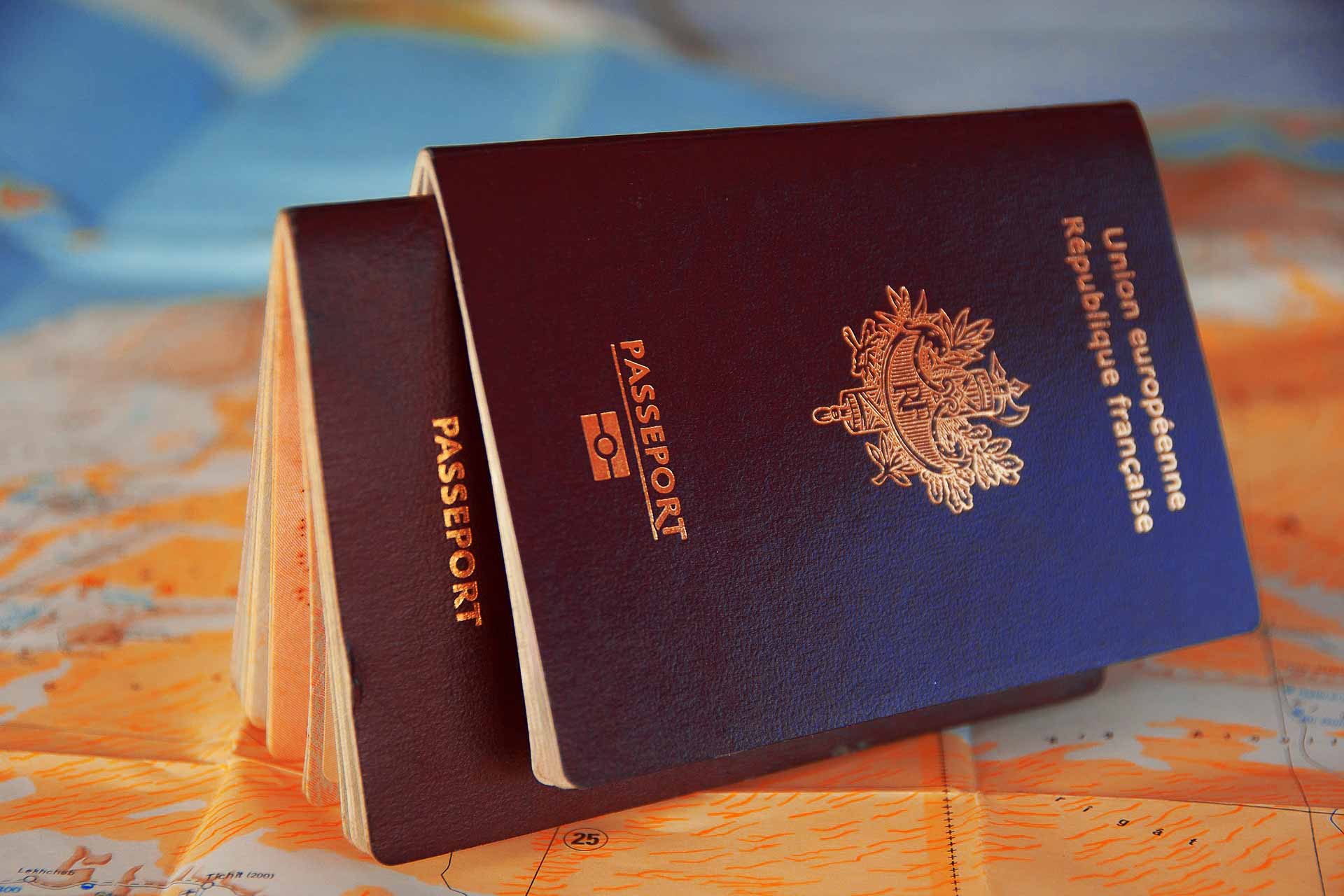The EU’s future passenger registration system is called ETIAS, European Travel Information and Authorisation System. It’s an important security measure to reinforce the EU’s external border and better identify travellers.
“We need to know who is crossing our borders. By November, we will propose an automated system to determine who will be allowed to travel to Europe. This way we will know who is travelling to Europe before they even get here.” – President Jean-Claude Juncker, 2016 State of the Union Address
First Vice-President Frans Timmermans said:
“Securing our borders and protecting our citizens is our first priority. ETIAS will close an information gap by cross-checking visa exempt applicants’ information against all our other systems. At the same time, the future ETIAS will be easy, quick, cheap and effective.”
Migration and Home Affairs Commissioner Dimitris Avramopoulos said:
“ETIAS is the missing link in our border management, connecting the dots with our migration and security policies and enhancing Schengen entry for at least 95% of visa-free travellers. Europe’s openness does not come at the cost of its security.”
Security Union Commissioner Julian King said:
“Terrorists and criminals don’t care much for national borders. The only way to defeat them is by working together effectively. ETIAS will help do that: by spotting problem individuals and stopping them from coming, we’ll enhance Europe’s internal security.”
The ETIAS will be managed by the European Border and Coast Guard in close cooperation with the competent authorities of the Member States and Europol. The Agency eu-LISA will develop and provide technical management of this information system.
The key functions of ETIAS will be to:
- Verify the information submitted by visa-exempt third country nationals (such as information related to identity, travel document, residence information, contact details etc.), via an online application ahead of their travel to the EU’s external borders, to assess if they pose a risk for irregular migration, security or public health;
- Automatically process each application submitted via a website or a mobile application against other EU information systems (such as SIS, VIS, Europol’s database, Interpol’s database, the EES, Eurodac, ECRIS), a dedicated ETIAS watch list (established by Europol) and targeted, proportionate and clearly defined screening rules to determine if there are factual indications or reasonable grounds to issue or refuse a travel authorisation;
- Issue travel authorisations. In cases where no hits or elements requiring further analysis are identified, the travel authorisation is issued automatically within minutes after the application has been submitted.
Do you believe ETIAS will be in full respect of fundamental rights and personal data protection?
What ETIAS could mean for you?
EU Debates! You?
Your opinion counts!














